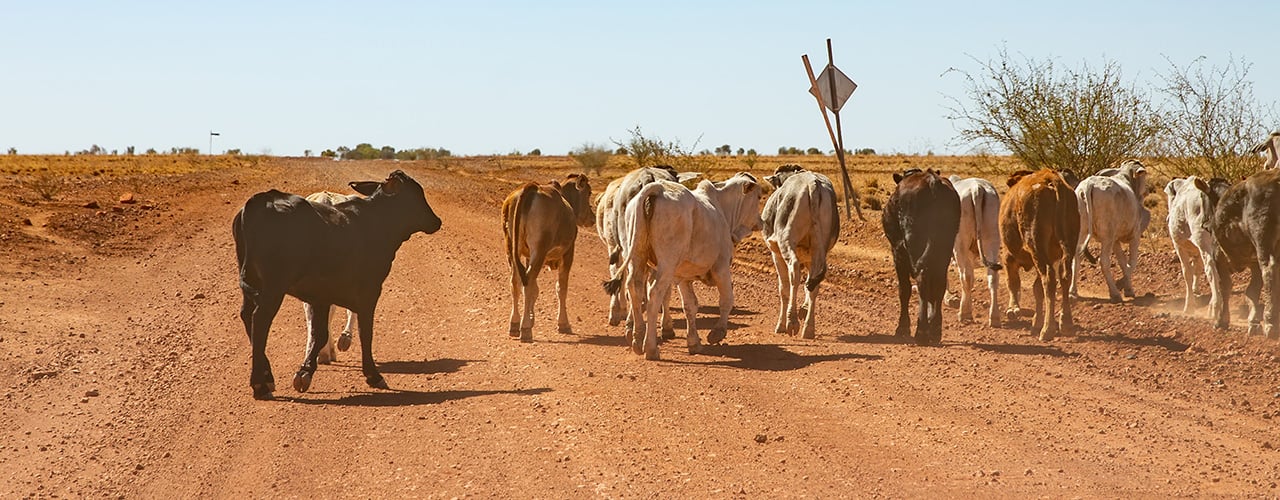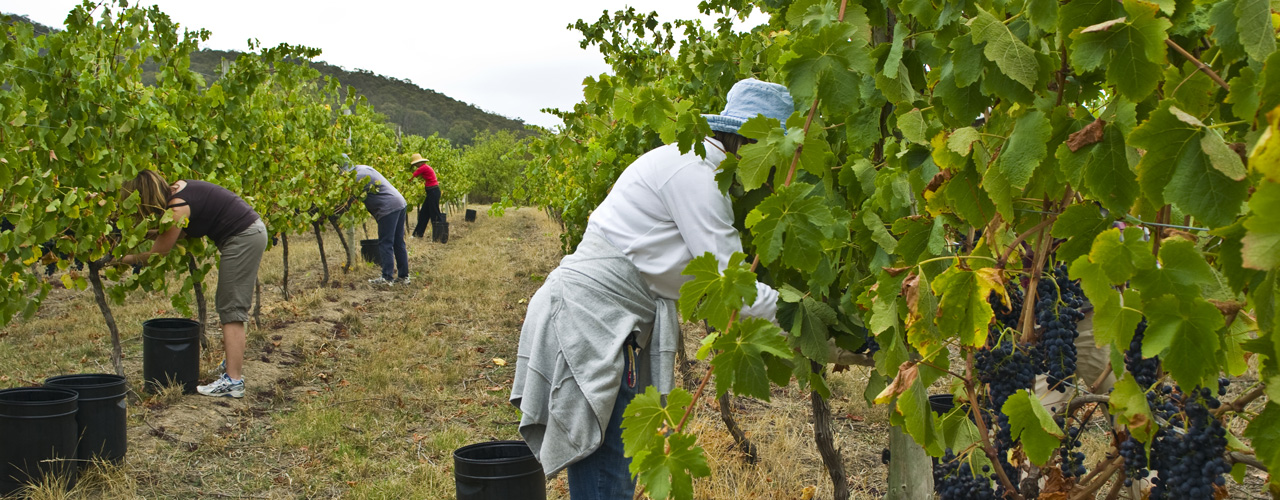The Australian dairy industry is no stranger to managing sustainability through on farm practices. It has played a pivotal role in adopting new practices that will provide benefits to the environment and to the financials of the farm. So, let’s investigate three ways that the industry is adopting practices on farm that is providing economic and sustainability benefits.
1. A focus on lowering the total emissions produced on farm.
- Dairy farmers have been adopting new strategies which will be providing benefits for the short and long term. This includes sheltering in feedlotting areas, along with the introduction of feed additives and rumen modifiers. Agriculture Victoria states that the benefit of this change is a reduction of nitrous oxide losses within the soil, manure, and urine.
2. Management of land to become more sustainable and profitable.
- A key emphasis on effluent management has proven to be cost effective and beneficial to the environment. Re-introduction of effluent back into the soil provides producers with natural fertiliser. This will also reduce the cost of purchasing fertiliser that would have had to be implemented on the land.
- The use of tree planting on dairy farms is also another way to enhance the sustainability of farms. This method provides shelter and shade for cattle during summer and protections during the winter from wild weather. ANU Sustainable Farms states dairy cows have shown to increase milk production in areas which provide shade and shelter. This is due to maintenance of body temperature being easier to manage. The time it takes for cattle to gain weight is faster than those without shelter. Nutrient requirement is also lower to achieve more efficient milk production.
3. How dairy farms can optimise water usage.
- Dairy farmers are managing water usage in a variety of ways which are providing large benefits to the environment. Dairy Australia has stated that moisture meters located in the ground can provide a reading of when crops will need to be irrigated. A focus on water efficient crops will also provide an overall less amount of water utilised on farm.
Ultimately, the Australian dairy industry is progressing with plenty of other great initiatives and projects on top of what was explored in this post. These practices to become more sustainable and profitable simultaneously will help future generations of dairy producers protect the environment and save money in doing so.
Sources: Sustainable Farms, Australian National University. Dairy Australia. Agriculture Victoria.




